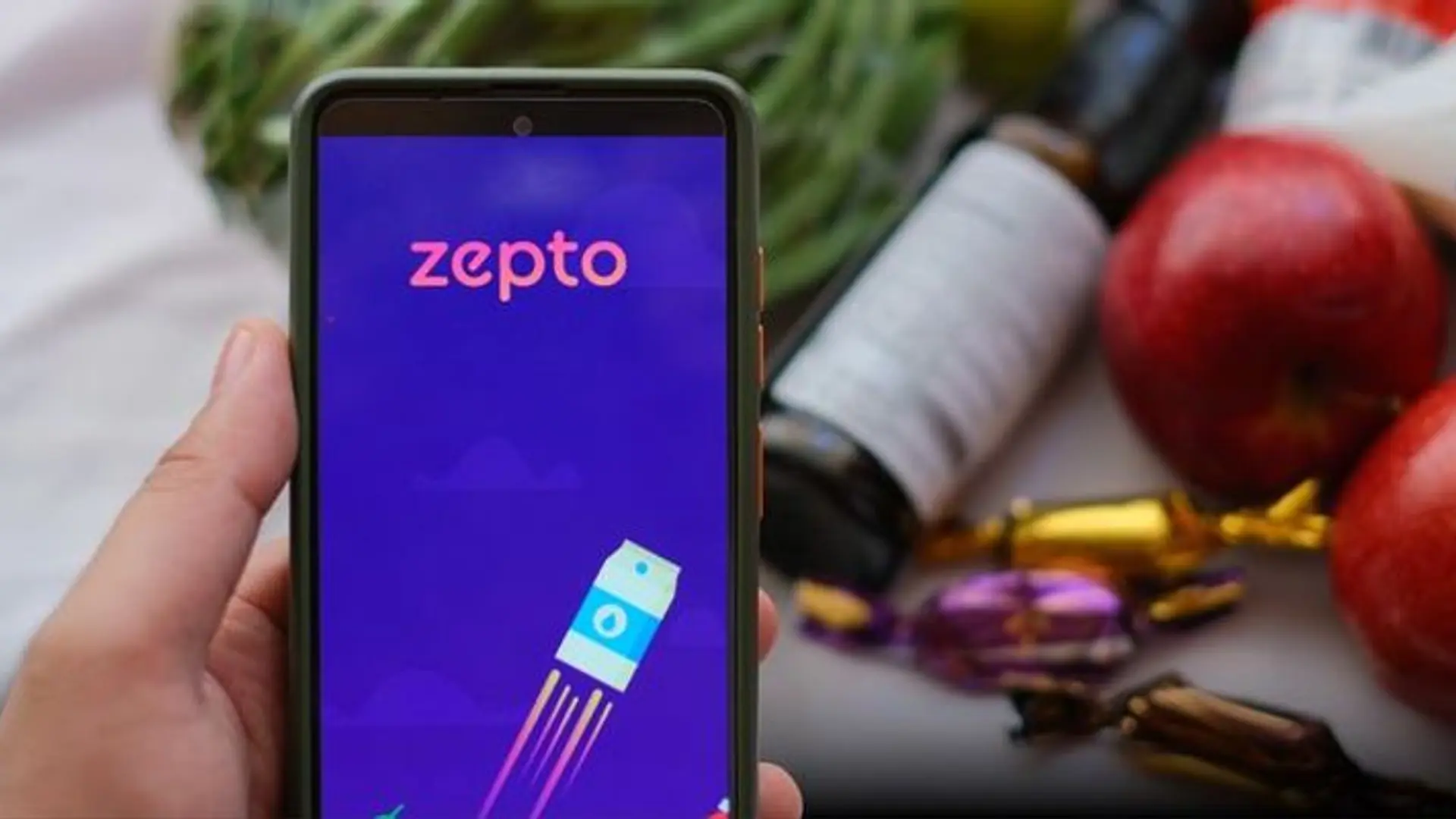Bengaluru-based online home design startup Livspace today launched an automation platform to integrate e-commerce and on-board more interior designers as ‘design entrepreneurs’. The freelance designers can work for Livspace from anywhere in the world, by paying a commission, and can thus get more business in a highly fragmented industry, Anuj Srivastava, Co-founder and CEO, told YourStory.

This platform enables 10x faster project turnaround time and increased earning potential up to six times for interior designers, a company statement said. Anuj said: “You can either hire contractors and designers on your own – like the Meru model. But the smart way is to ensure that using this technology, people who are providing this service can actually become entrepreneurs.” He claimed that with e-commerce and design automation platform, they can become more productive and make more money. “A platform wherein designers, architects, contractors et al can come together and will automatically get access to a high quality customer. They can thus access all the goodness of an e-commerce catalogue with superior designs for the home design industry,” Anuj added.
About 150-200 out of the 2,000+ designers are already certified. “If all of them are productive, there will be 15,000 projects each year - each for Rs 10 lakh, making Rs 1.5 crore. This is massive business due to the high amount customers spend and that is the scale we are looking at,” Anuj explained. Initially, it’s an invite-only programme.
E-commerce benefits
An e-commerce-like experience gives consumers choice, warranty, price and transparency. Anuj believed that interaction with the designers is significant for all customers. “Designing can happen from anywhere; but at the beginning we want them to be able to have interaction with customers. So for now, we are getting on-board freelancers from the cities we are already present in. We are looking for those with some work experience,” he said.
Livspace caters to Bengaluru, Delhi and Mumbai. Their trials took place in Gurgaon and Bengaluru, cities with a community of designers. In 6-9 months, they got about 500 projects, and have delivered more than 100 already. Anuj said: “In the last 6-7 months alone in Bengaluru, productivity of designers has gone up by 600-700 percent on an average, as they get to do as much work in a month as they used to do in a year. As opposed to three months, it takes them one day to design an entire home and we can ship it almost immediately.”
Freelance designers usually do only 3-5 projects in a year, as it is hard for them to find customers and, often, cannot get the benefit of gross margin or pricing. “Entire industry has been ripe with price overrun, time overrun – with no adherence to time and quality,” says Anuj. The best people who can provide quality interior design services are not able to meet the requirements only because the industry is fragmented. They don’t make enough money so the customer experience is suboptimal – but now, Anuj said, they can sell to more customers and business by adhering to Livspace’s pricing policies.
He added, “We are one platform where they get everything –design technology, project managers, experience centres. Designer from Mumbai have requested us to put more items in the catalogue as space is a constraint there.”
Home design industry is worth $25 billion in India now, and is expected to grow to $35 billion in three years. Within the next two years 4-5 percent of this market is poised to move online. Livspace claims they have become profitable in Bangalore and are already seeing margins in the range of 40-45 percent. The ‘design entrepreneur’ concept is new to the industry as few models across the globe have tried it out.







